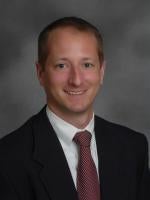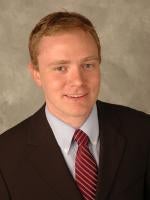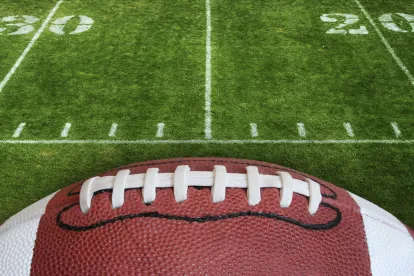On June 27, 2022, the United States Supreme Court issued its decision in Kennedy v. Bremerton School District, a case where the Court took another look at school employees’ First Amendment rights to religious expression while employed. The Court held that a school district infringed on a coach’s First Amendment rights when it disciplined him for engaging in private prayer on the field after football games.
Joseph Kennedy was a football coach for the Bremerton (WA) School District. After football games, Mr. Kennedy engaged in private prayer on the 50 yard line, in an effort to give thanks to God. Though his prayer did include at times short motivational speeches and prayer with students in the locker rooms, eventually, Mr. Kennedy limited his prayer to a personal prayer. Others did join him, but it seemed undisputed that he did not coerce anyone to join him and also did not discourage anyone from praying at the same time.
The school district forbade Mr. Kennedy from engaging in personal prayer after the football games, asserting that a reasonable observer could have thought that by allowing Mr. Kennedy to engage in private prayer after the games, the school district was endorsing religion. The school district would only permit him to pray in a private location behind closed doors. Mr. Kennedy engaged in prayer on the football field nonetheless, and the school district placed him on administrative leave. It also gave him a poor evaluation, despite that he had historically received positive evaluations. Mr. Kennedy did not return the following year and instead, sued, seeking reinstatement.
The United States District Court refused to grant an injunction in Mr. Kennedy’s favor and instead, found that the school district had adequately shown that permitting Mr. Kennedy’s prayer would have resulted in an endorsement of religion. As a result, the district court dismissed his claim, and on appeal, the United States Court of Appeals for the Ninth Circuit agreed.
The Supreme Court held that there was essentially no conflict between the school district’s need to avoid violating the First Amendment by endorsing prayer and Mr. Kennedy’s right to engage in private religious expression. The Court emphasized that it was undisputed that Mr. Kennedy had not coerced students to participate with him. In addition, it noted that other coaches were not required to be “on the job” at the same time, so Mr. Kennedy’s prayer was not taking him away from other duties he would be simultaneously performing. The Court also noted that if it prohibited Mr. Kennedy from engaging in private prayer, it would be essentially holding that employees have no right to religious expression at any time while they are employed, and the Court was not willing to go that far.
The case demonstrates the school’s balancing act. As the Court noted, Mr. Kennedy did not give up all of his First Amendment rights when he became a coach. At the same time, the Court did acknowledge that the school district could not endorse religion; it held that the school district was not doing so by allowing him to engage in private prayer. However, it is important to note what was not at issue in the case. Mr. Kennedy had ceased locker room prayer with students and had ceased offering motivational speeches, including religious messages. In other words, it was truly private prayer where no student was forced to participate. As such, from a school’s perspective, the case has little impact on those times when the school must address an employee’s attempt to lead students in religious expression. This case would impact, though, those cases in which an employee’s own religious expression is at issue. In those cases, schools must be careful not to infringe on the employees’ right to religious expression unnecessarily.






 />i
/>i
